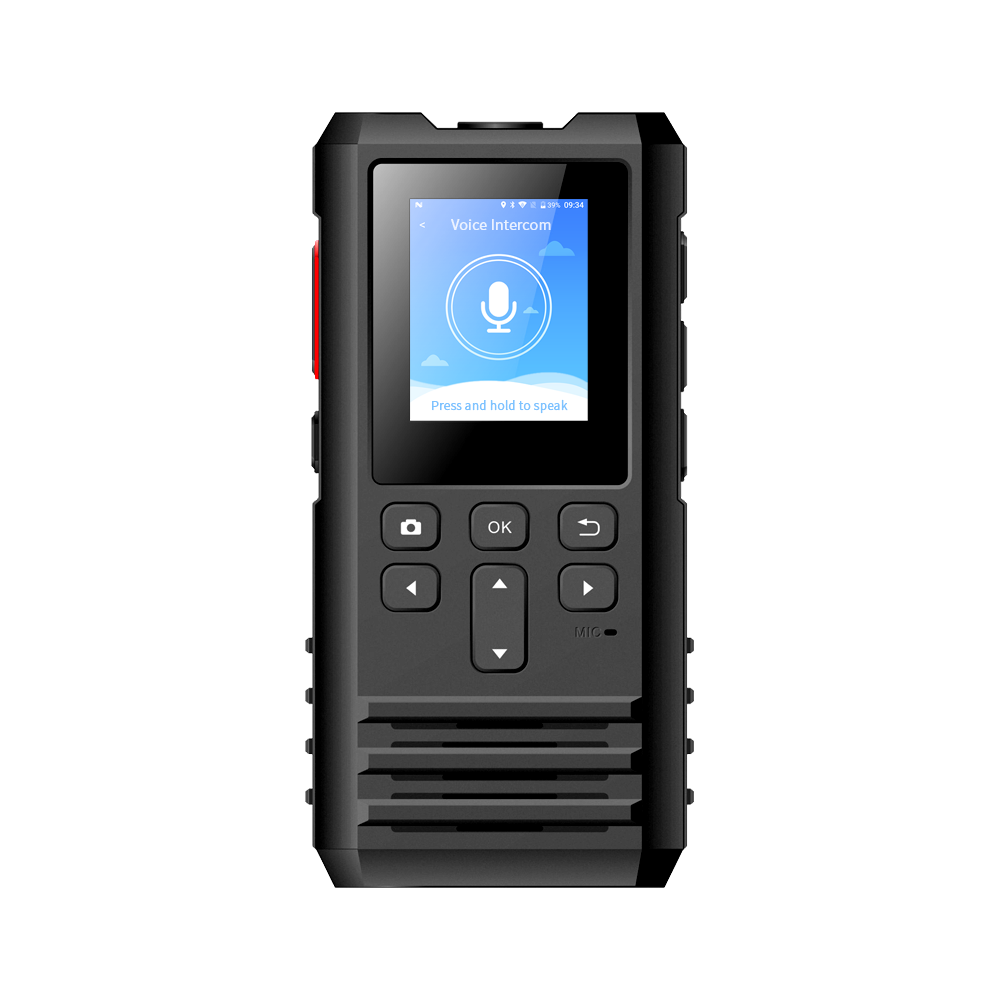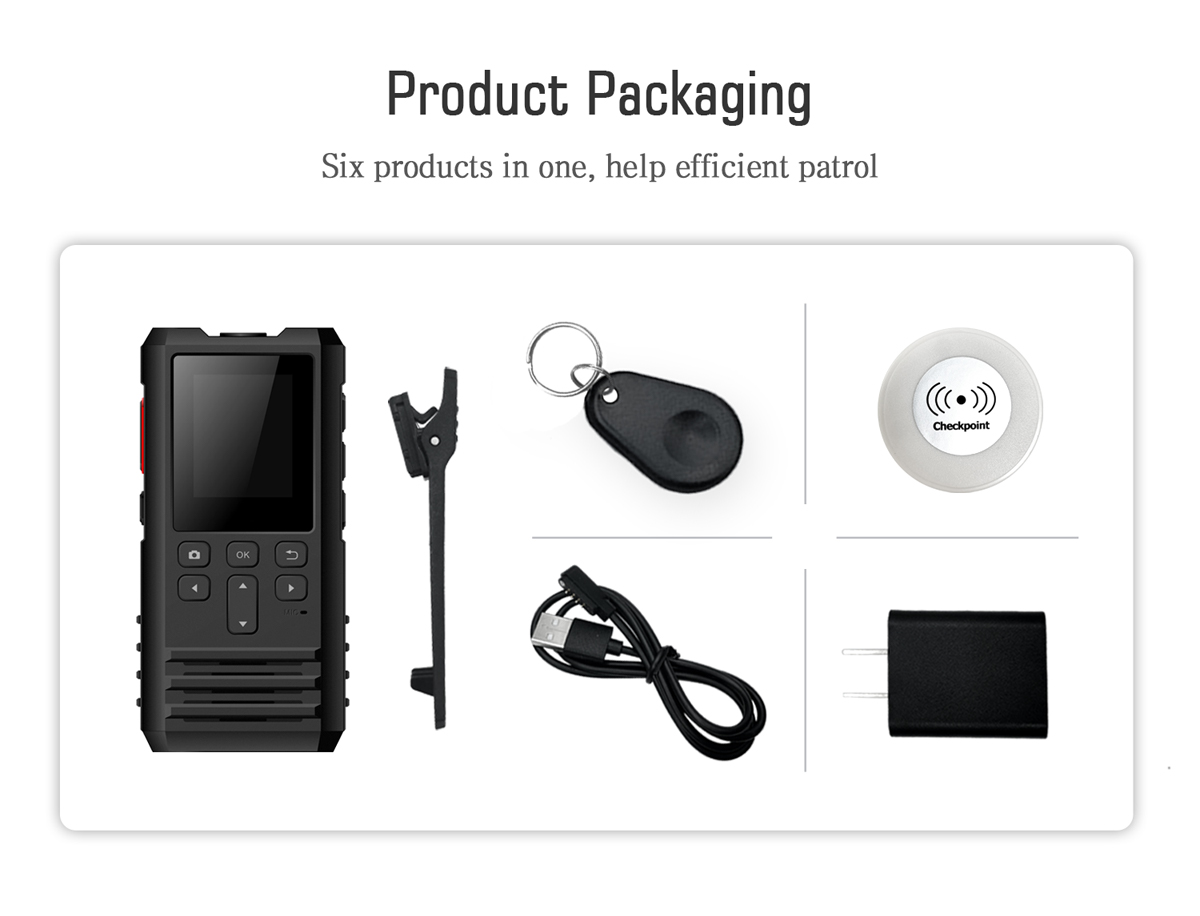

The installation process is one of the most critical support phases when implementing an electronic access control system. Whether upgrading an existing system or implementing a new one, professional installation ensures that all components function properly from the start. A well-installed system will provide enhanced security, prevent unauthorized access, and integrate seamlessly into the business's existing infrastructure.
Support during installation typically includes consulting services to determine the configuration that best suits your business needs, followed by a professional installation by trained professionals. A typical electronic access control system installation includes setting up the control panel, connecting the hardware, and integrating the system with other security features. Most installation teams also offer a pre-installation assessment to ensure the system meets your company's security requirements and regulatory standards.
With the rise of cloud-based solutions, remote monitoring and management have become essential to modern electronic access control systems. These systems allow businesses to manage their security infrastructure from any location using mobile applications or web-based dashboards. Remote monitoring services offer significant benefits, especially for companies with multiple locations or complex access needs. Remote monitoring support typically includes real-time system updates, access logs, alerts, and notifications of unusual activity or security breaches. Remote access enables businesses to adjust access rights, deactivate lost or stolen credentials, and review security footage, all from a central location.

One of the main benefits of electronic access control systems is their ability to integrate with other security technologies, such as video surveillance, alarm systems, and building management systems. Integration support ensures businesses can create an integrated security ecosystem that works seamlessly together, providing enhanced protection and simplified management. Integration support includes guidance on how to connect different systems and ensure they communicate with each other effectively. For example, suppose an access control system is integrated with a video surveillance system. In that case, a business can quickly review footage from a specific area in case of a security breach. Likewise, linking your access control system to an alarm system can trigger an automatic alarm if unauthorized access is detected.
Even the most advanced access control systems can encounter technical difficulties. Whether it's a reader malfunction, software glitch, or system integration issue, businesses must have access to technical support when these issues arise. Most manufacturers offer a dedicated technical support team to help companies resolve technical issues via phone, email, or live chat. This support often includes step-by-step troubleshooting guides, remote diagnostics, and system reboots or resets assistance. For more complex issues, a technician can be dispatched to your location for on-site repairs, ensuring your access control system remains operational and secure.
Regular maintenance and care are essential to ensure the long-term reliability and performance of your electronic access control system. Most manufacturers and providers offer routine maintenance services to ensure the system operates optimally. Maintenance is a proactive measure that can prevent system failures and costly repairs.
Routine maintenance typically involves inspecting all hardware components, including card readers, locks, and controllers, to check for wear and tear. This includes cleaning the equipment, replacing batteries, and ensuring wiring and connections are intact. Additionally, some companies offer value-added services that include scheduled maintenance visits regularly.

The success of an electronic access control system depends on more than just its initial installation; it relies heavily on ongoing support to maintain its performance, security, and efficiency. Whether installing support, training, technical troubleshooting, or system integration, businesses must receive reliable, professional support to get the most value from their access control systems.